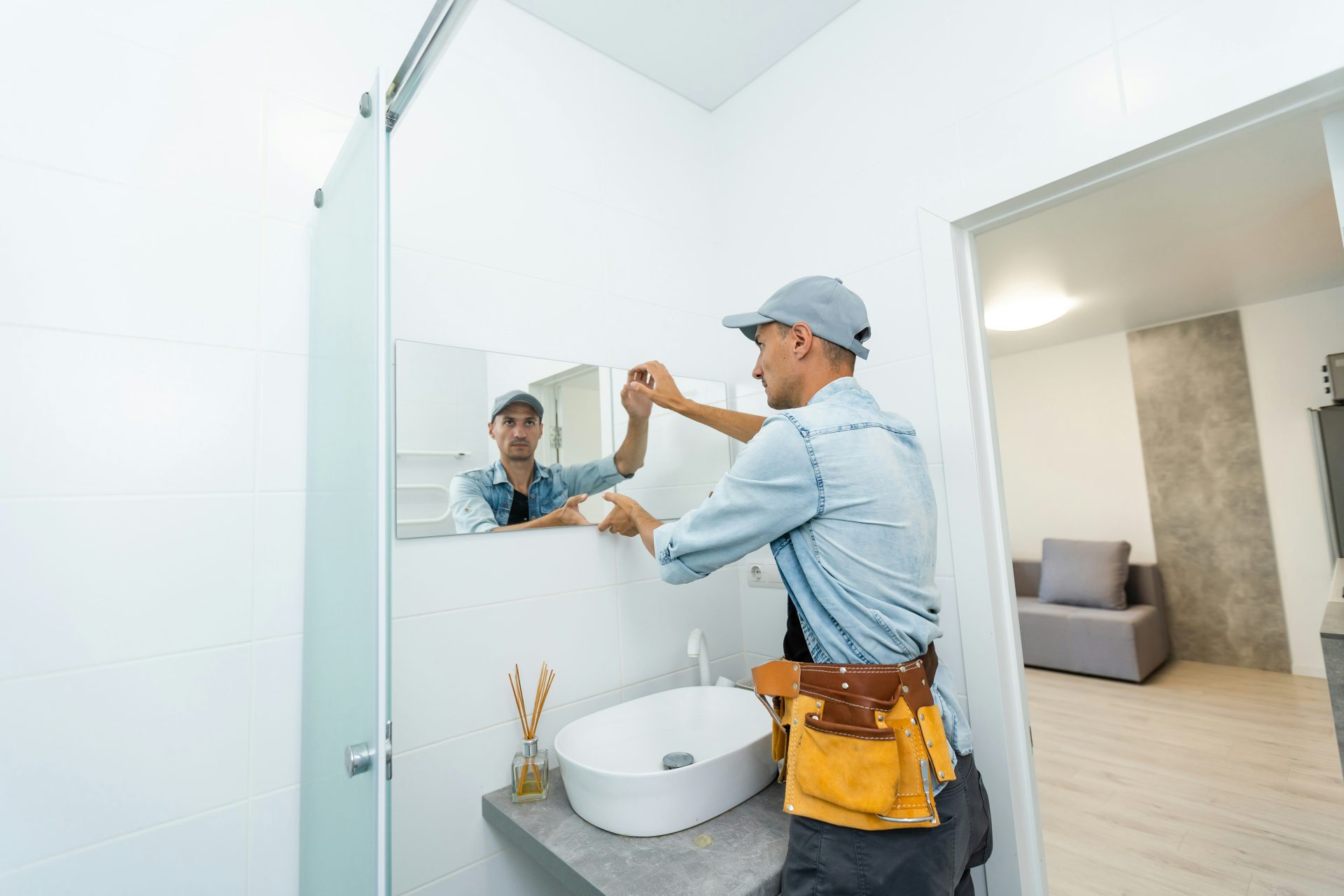When you think of a plumber, what comes to mind? Probably someone fixing a blocked drain or dealing with a leaking tap. That’s fair, but it’s only scratching the surface. Plumbers are often behind the scenes solving problems you wouldn’t even associate with their trade. The job is broader, more skilled, and far more essential than most people realise.
Not Just About Taps and Toilets
Yes, fixing everyday issues is part of the role. But that’s just the beginning. Qualified plumbers deal with complex systems that affect the safety, hygiene, and efficiency of homes and commercial buildings. Their work extends far beyond bathrooms and kitchens.
Think about heating, gas, drainage, fire protection, irrigation, and even roof systems. All of these can fall under the scope of a professional plumber Auckland. They’re trained to deal with entire networks that make buildings function safely and smoothly.
What Else Can a Plumber Really Do?
Here’s where things get interesting. These are the areas where plumbing often overlaps with other specialisations, but trained plumbers are actually the go-to professionals.
1. Gas Fitting and Safety Checks
Gas leaks are no joke. They can be dangerous, even fatal, if left undetected. Plumbers trained in gas fitting are certified to install, test, and repair gas lines. That includes everything from connecting a gas stove to setting up entire gas heating systems. They’re also the ones who check for leaks, ensure compliance with safety regulations, and conduct full inspections.
2. Roof Plumbing
Yes, roof plumbing is a thing. This includes installing and repairing gutters, downpipes, flashing, and roof drainage systems. Done poorly, these can lead to water damage, mould issues, and structural problems. Done properly, they protect a property from long-term damage and improve drainage efficiency.
3. Hot Water System Installation and Maintenance
Whether it’s electric, solar, or gas-powered, hot water systems require precision and care. Plumbers are trained to size, install, and maintain these systems, and troubleshoot when things go wrong. If your water suddenly turns cold, it’s not always a technician you need. It’s a plumber.
4. Backflow Prevention
Backflow might not sound alarming, but it’s a serious health risk. It occurs when contaminated water flows backwards into clean water supplies. Plumbers can install devices to prevent this and are often required to test and certify backflow systems, especially in commercial or high-risk sites.
5. Water Efficiency and Sustainability Upgrades
Modern plumbing is about sustainability as much as it is about function. Plumbers can assess your property’s water usage and recommend smart upgrades that reduce waste. That includes installing water-saving taps and toilets, rainwater tanks, greywater recycling systems, and more.
Hidden Work That Makes a Big Impact
You rarely see the full extent of what plumbers do because the best work is invisible. Here’s where their expertise quietly supports daily life.
Drainage Design
Before the first tile is laid or pipe is installed, a drainage plan needs to be designed. This isn’t a simple drawing. It takes knowledge of water flow, gravity, gradient, and regulations. A poorly designed system can lead to constant blockages and back-ups. A well-designed one? You’ll never even think about it again.
Renovation Planning and Site Preparation
Renovations often call for shifting plumbing fixtures. That means assessing the structure, moving pipework, updating old systems, and making sure everything complies with codes. Plumbers play a key role during renovations, especially in bathrooms, kitchens, and laundries.
Fire Protection Systems
In some builds, especially commercial projects, plumbers are responsible for setting up fire sprinkler systems and ensuring there’s proper water pressure. These systems must be precise and meet strict legal standards, and only qualified professionals can install them.
Thermostatic Mixing Valves
These valves mix hot and cold water to deliver a safe temperature at taps and showers. They’re mandatory in facilities like aged care, schools, and medical centres. Plumbers not only install these systems but regularly test and maintain them to prevent scalding or bacterial risks.
Why It All Matters
There’s a common thread across everything plumbers do: health and safety. While it might not be obvious, poor plumbing puts people at risk. From gas leaks and unsafe water to fire hazards and flooding, the consequences of unqualified work can be serious.
This is why plumbers need to be licensed, undergo continual training, and work to strict codes. They’re not just fixing things, they’re preventing problems that could turn costly or dangerous.
Don’t Wait for an Emergency
Most people only call a plumber when something goes wrong. But waiting for a disaster often means higher costs and more stress. A blocked drain today might be the result of years of unnoticed damage. A leaking pipe could be the start of serious structural issues.
Many plumbers offer inspections and maintenance that pick up small problems early. That means you can avoid emergencies altogether, and extend the life of your systems. Prevention really does beat cure here.
The Next Time You Turn on the Tap
Remember that what seems simple often isn’t. That splash of water, that warm shower, that safe gas heater… they all rely on systems you rarely see, designed and maintained by people who understand exactly how they work.
Plumbers don’t just respond to emergencies. They keep the everyday running smoothly, safely, and efficiently, and they deserve a lot more credit than they usually get.

